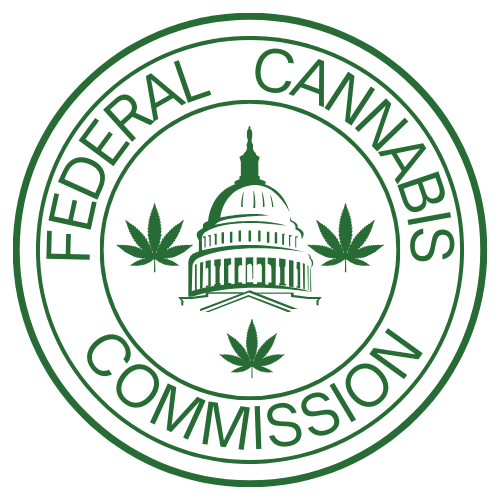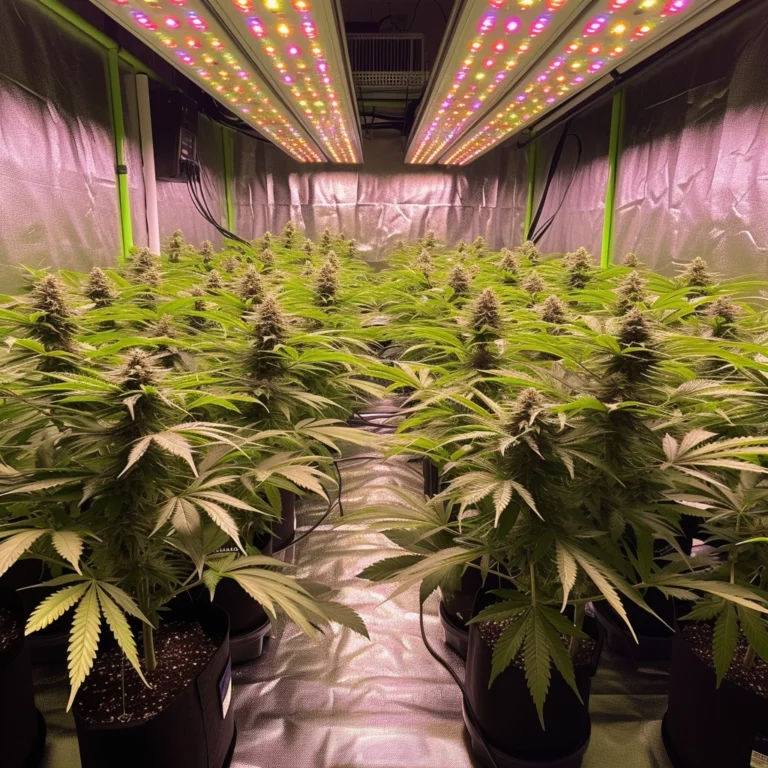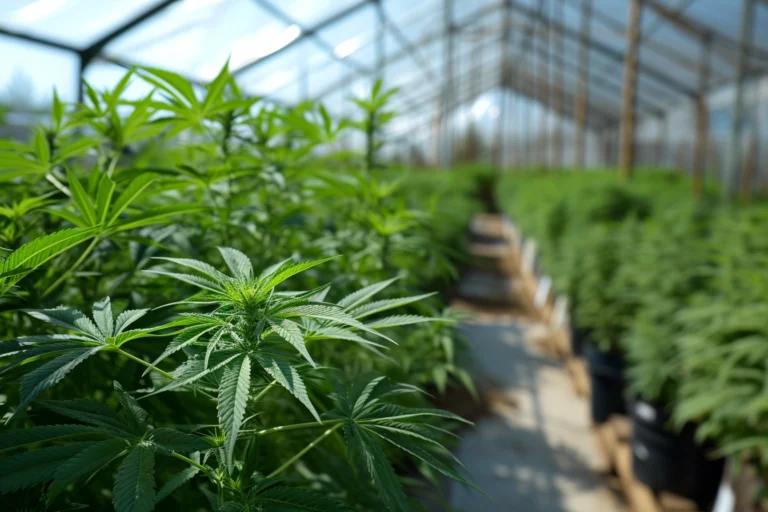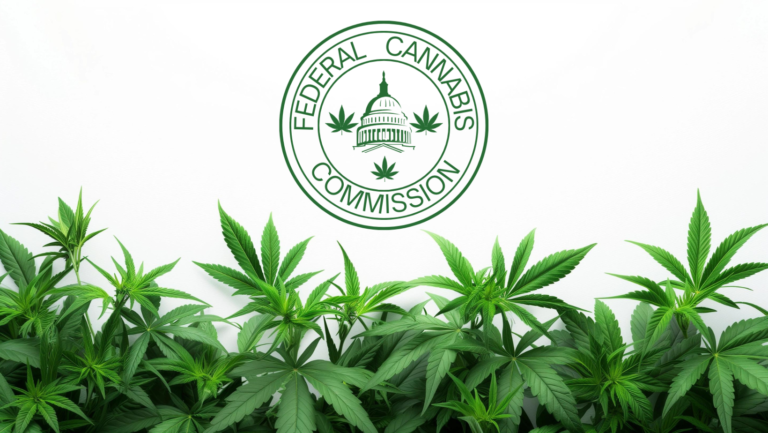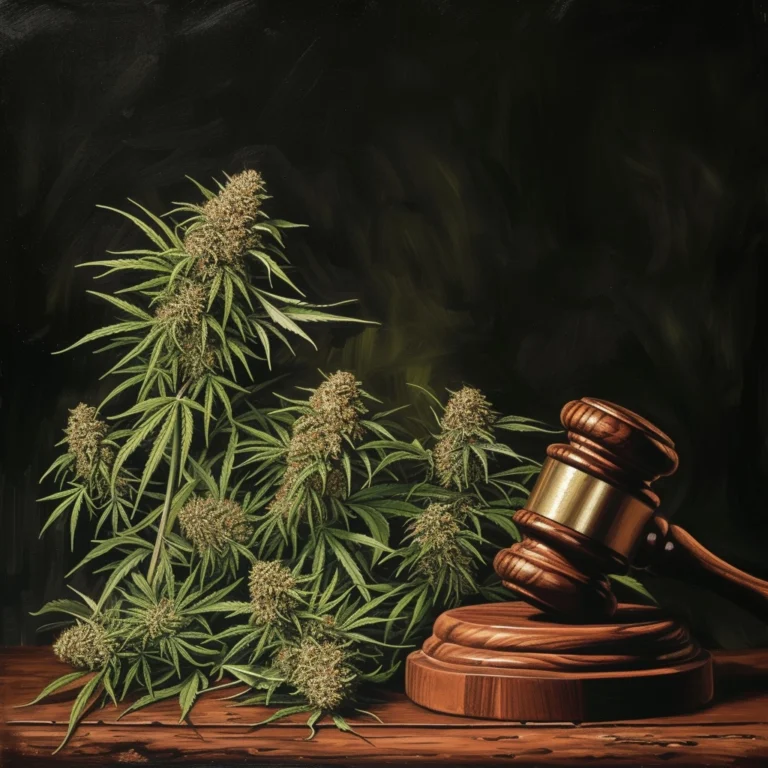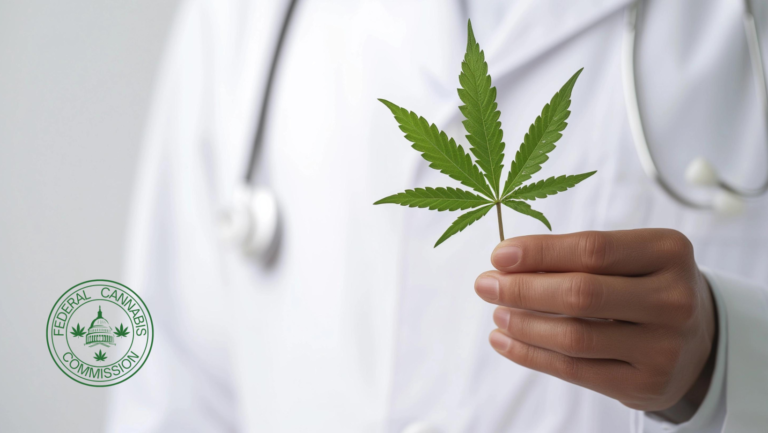Delta-8-THC and THC-a Regulations
In recent years, the landscape of cannabis laws and regulations has undergone significant changes, particularly with the emergence of compounds like Delta-8-tetrahydrocannabinol (Delta-8-THC) and tetrahydrocannabinolic acid (THC-a). Understanding the legal framework surrounding the sale of these compounds is crucial for businesses and consumers alike.
Delta-8-THC: A Legal Gray Area
Delta-8-THC has gained popularity due to its psychoactive effects, which are milder than those of its cousin, Delta-9-THC. However, the legal status of Delta-8-THC remains uncertain in many jurisdictions. The confusion stems from the fact that Delta-8-THC can be derived from hemp, which was legalized under the 2018 Farm Bill in the United States. According to the Farm Bill, hemp is defined as cannabis with less than 0.3% Delta-9-THC by dry weight.
While Delta-8-THC can be derived from hemp, its psychoactive properties raise questions about its legality, particularly in states where cannabis laws are more restrictive. Some states have explicitly banned Delta-8-THC, while others have allowed its sale but with regulations in place. Additionally, the U.S. Drug Enforcement Administration (DEA) has issued statements indicating that synthetic forms of Delta-8-THC are considered controlled substances, further complicating the legal landscape.
Businesses operating in the Delta-8-THC market must navigate a patchwork of state laws and regulations to ensure compliance. This includes understanding licensing requirements, labeling regulations, and testing standards. Moreover, staying informed about evolving laws and regulatory guidance is essential to avoid legal pitfalls.
THC-a: A Precursor with Potential
THC-a, or tetrahydrocannabinolic acid, is another compound that has garnered attention for its potential therapeutic benefits. Unlike Delta-8-THC, THC-a is non-psychoactive and does not produce intoxicating effects. Instead, it serves as a precursor to Delta-9-THC, the primary psychoactive compound in cannabis.
The legal status of THC-a varies depending on how it is marketed and sold. In some jurisdictions, THC-a products are classified as hemp-derived products and are subject to the same regulations as other hemp-derived compounds. However, in states where cannabis is strictly regulated or prohibited, THC-a may be treated differently.
One challenge in regulating THC-a is its potential to convert into Delta-9-THC under certain conditions, such as exposure to heat or light. This conversion raises concerns about inadvertent intoxication and highlights the importance of clear labeling and testing standards.
Navigating Compliance and Consumer Safety
For businesses operating in the Delta-8-THC and THC-a markets, compliance with laws and regulations is paramount. This includes obtaining the necessary licenses, conducting product testing, and adhering to labeling requirements. Additionally, businesses must stay vigilant about changes in laws and regulations that could impact their operations.
Consumer safety is another critical consideration in the sale of Delta-8-THC and THC-a products. Ensuring that products are accurately labeled, properly tested for potency and contaminants, and manufactured in compliance with good manufacturing practices (GMP) is essential for protecting consumers’ health and well-being.
As the legal landscape continues to evolve, stakeholders in the Delta-8-THC and THC-a markets must remain adaptable and proactive in addressing regulatory challenges. By prioritizing compliance and consumer safety, businesses can navigate the complexities of the cannabis industry while contributing to its responsible growth.
